
The Young Researchers'
Symposium on Plant Photobiology
Wednesday 15th to Saturday 18th April 2026

The Young Researchers'
Symposium on Plant Photobiology
Wednesday 15th to Saturday 18th April 2026
The Young Researchers' Symposium on Plant Photobiology is designed to showcase the work of early-career researchers (ECRs) studying plant photobiology. If this sounds like you, we'd love to see you there!
YRSPP comes at a crucial juncture in the advancement of plant science research, as numerous global challenges highlight the need to harness the potential of plants. There will be six great keynote speakers in attendance, prizes to celebrate the best ECR presentations/posters, and organised social activities to promote networking and knowledge exchange leading to international cross-disciplinary collaboration and innovation. Learn more
Previously we've featured talks on the perception and transduction of light and circadian signals; their integration with other signalling pathways like stress, nutrient signals and temperature to modulate growth; engineering synthetic phototransduction pathways; agricultural applications, and more. Scroll down to see our keynote speakers for 2026!
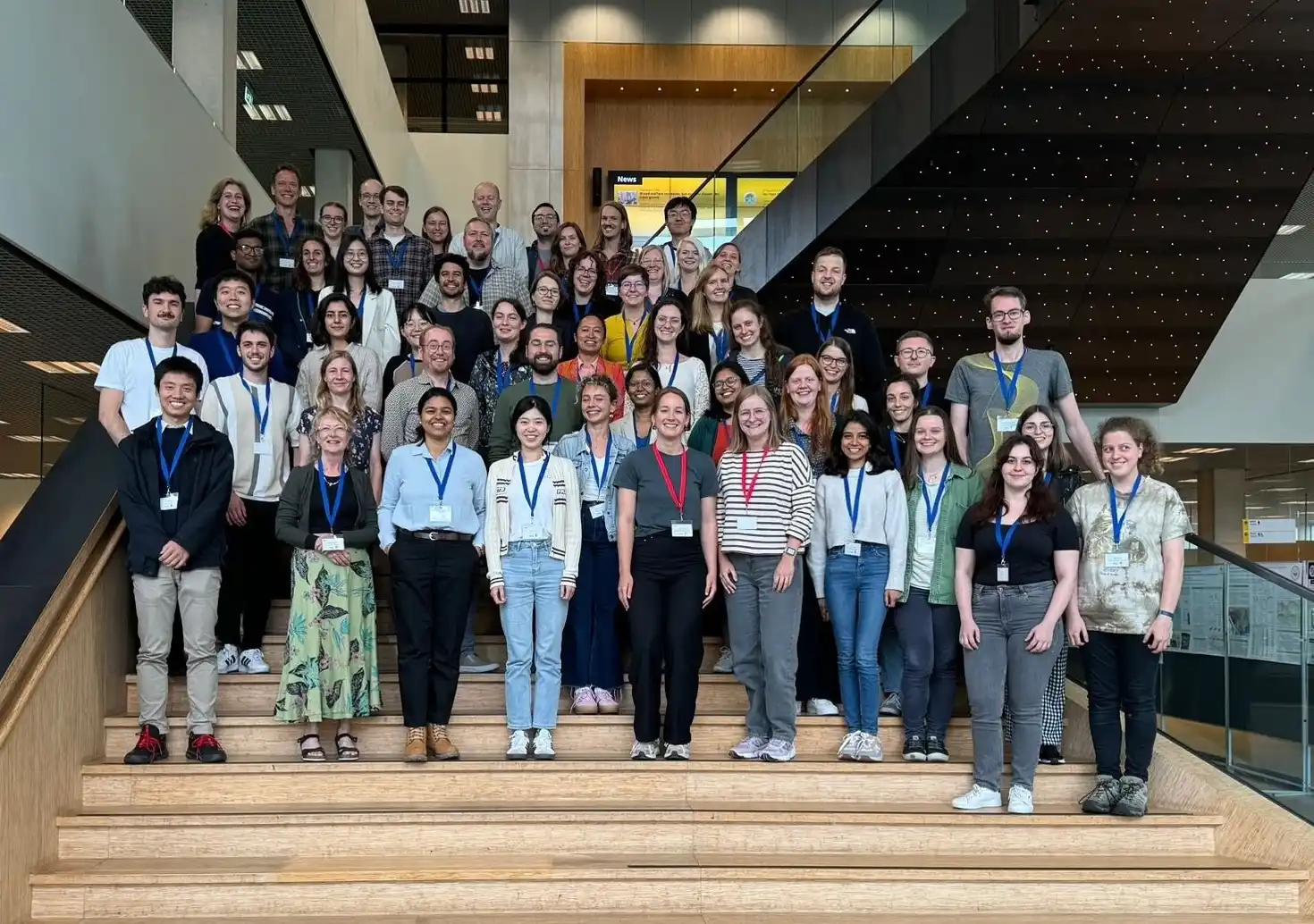
Click here for more information about the registration process, or click the green button below to go to the University of Edinburgh's ePay website to register right now.
To stay updated, sign up to our YRSPP 2026 mailing list below and follow us on LinkedIn, BlueSky, X and/or Instagram.
We have an exciting lineup of early-career and established keynote speakers this year - read on to learn more!

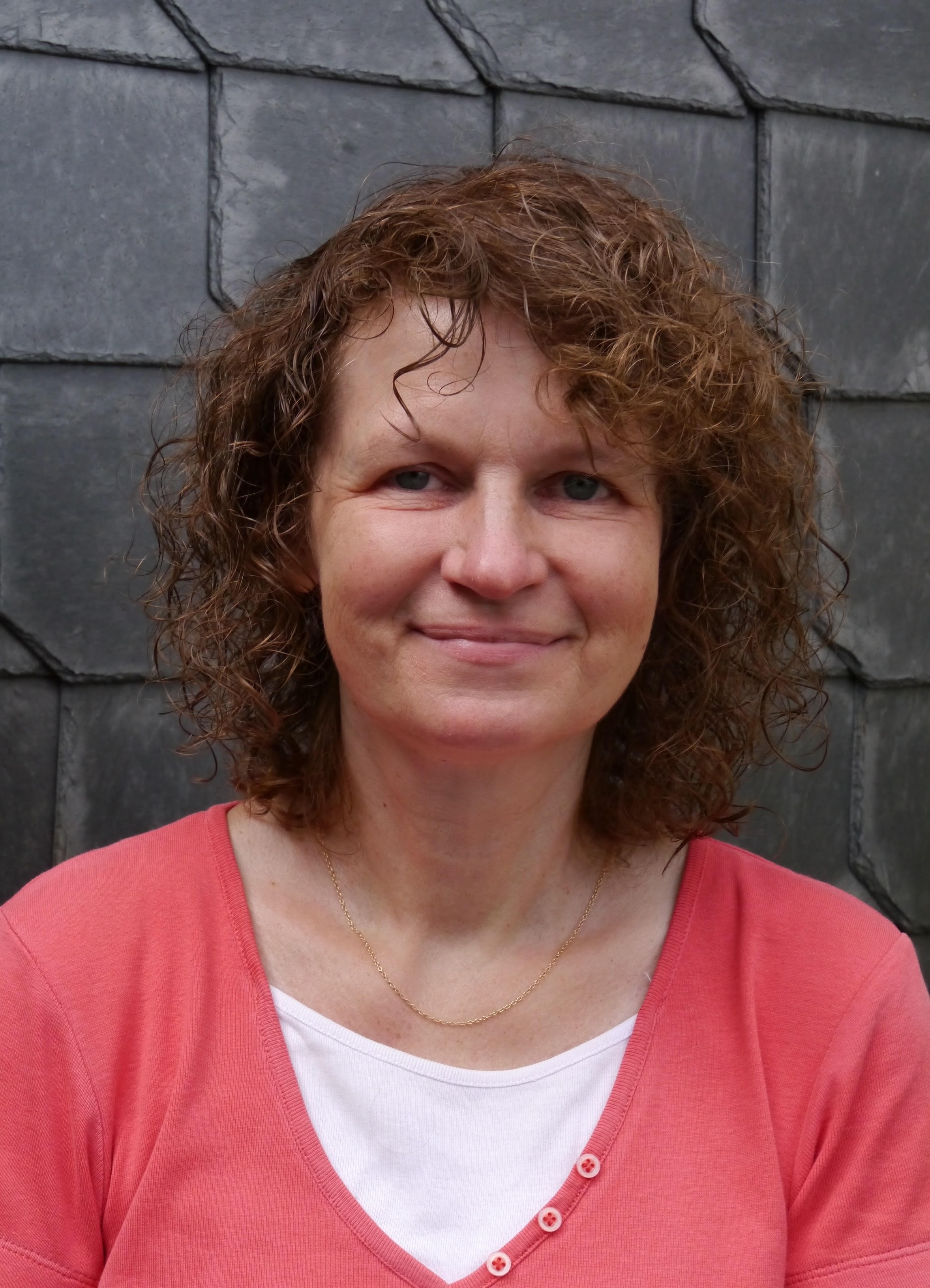

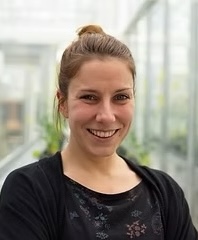
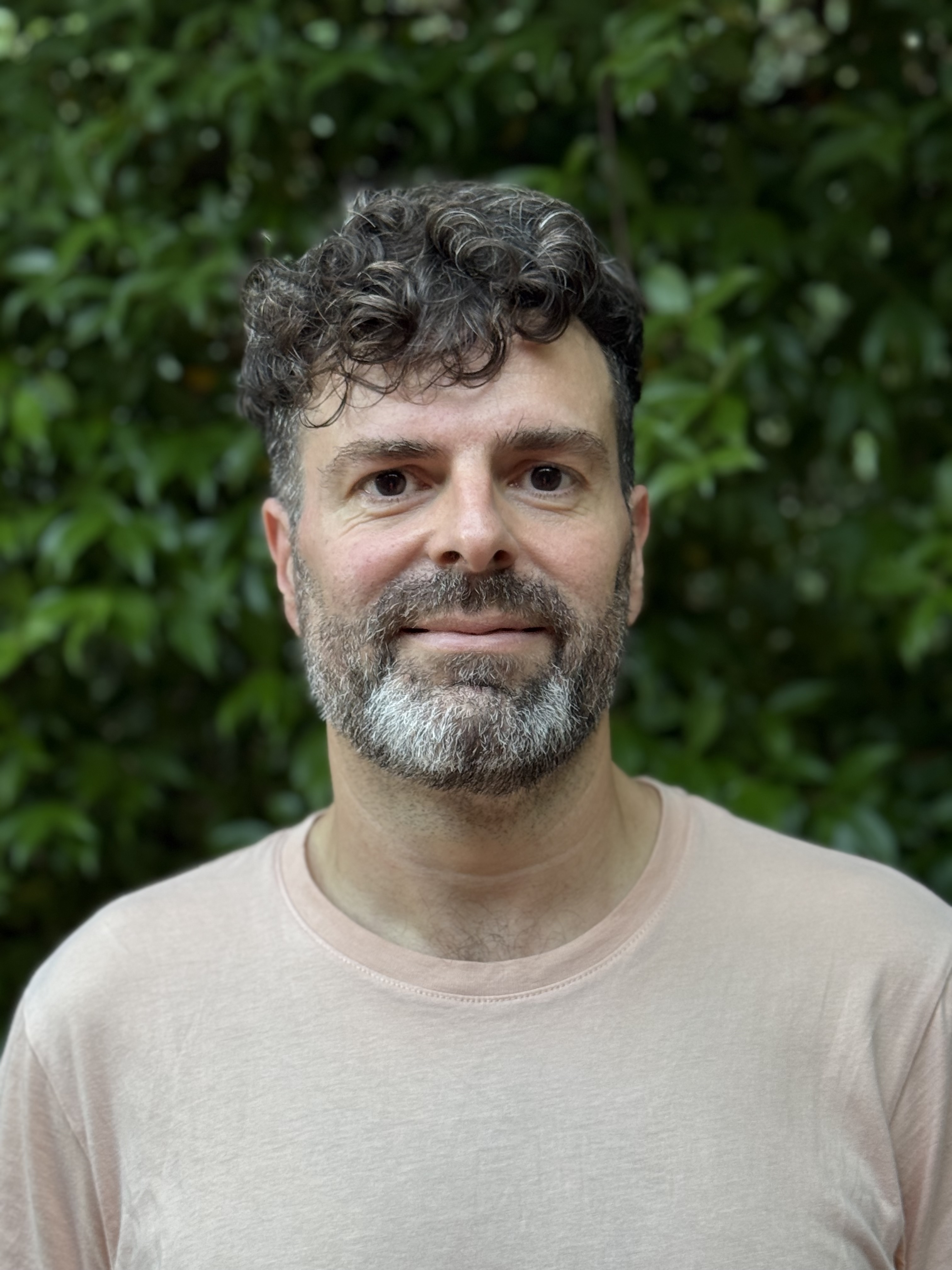
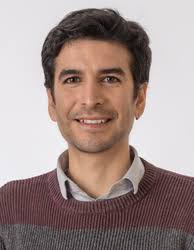
If you are interested in helping fund, organise or advertise YRSPP events, we'd love to work with you. Click the buttons below to find out more about getting involved with YRSPP, or send us an email and we'd be delighted to discuss your ideas!